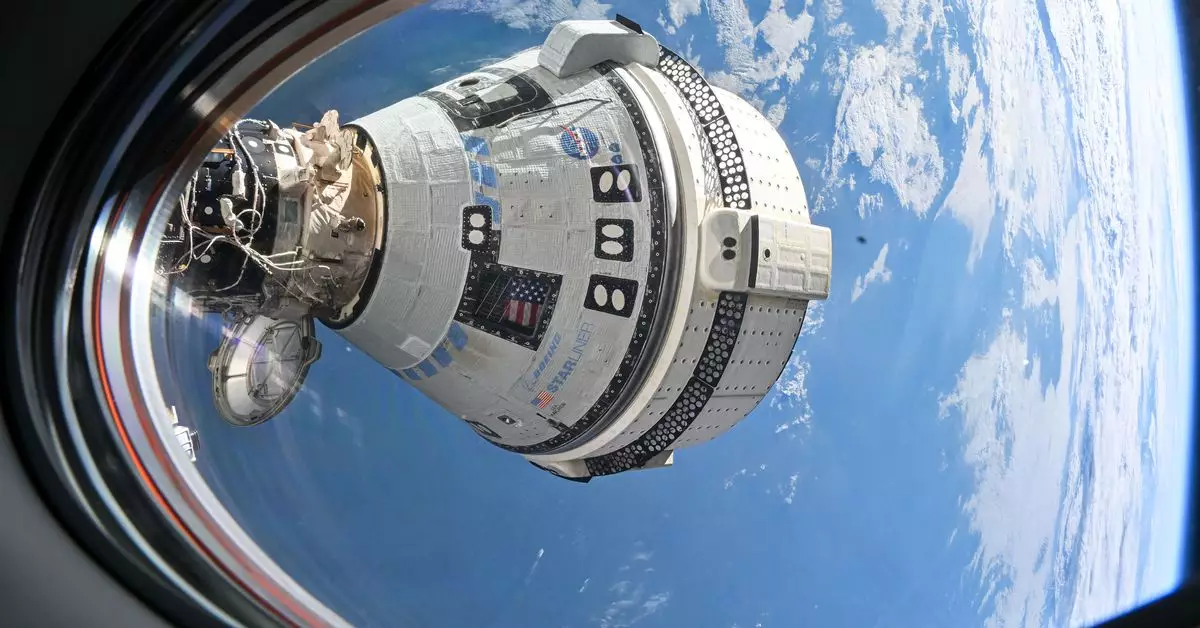In a rapidly evolving aerospace industry, Boeing finds itself at a critical juncture. The recent appointment of Kelly Ortberg as CEO has prompted fresh discussions regarding the future of the company’s space division. According to insights from The Wall Street Journal, Ortberg’s potential strategy includes divesting certain space-related projects, particularly the Starliner spacecraft and operations surrounding the International Space Station (ISS). This shift comes as Boeing grapples with escalating challenges that threaten not only its financial stability but also its reputation in the global market.
CEO Ortberg recently addressed the financial strains the company faces, emphasizing a need for strategic re-evaluation. During an earnings call, he articulated a philosophy of focusing on fewer initiatives yet executing them with greater efficiency, stating, “We’re better off doing less and doing it better than doing more and not doing it well.” His comments signal a significant departure from the previous growth-centric approach that characterized Boeing’s operations in recent years.
Boeing has been plagued by a series of public relations misfortunes and operational hurdles. The ongoing fallout from the 737 Max crashes, which led to a significant fraud charge, continues to cast a shadow over the company’s credibility. Compounding this issue are persistent delays and technical difficulties related to the Starliner program, which recently left astronauts stranded at the ISS for lengthy periods.
Moreover, Boeing’s satellite operations have recently encountered a severe setback. A satellite designed for Intelsat suffered a catastrophic failure, described as an “anomaly,” leading to its disintegration. Such incidents not only incur financial losses—Boeing reported a staggering $6.17 billion in losses over the past quarter—but also erode investor confidence.
As Ortberg contemplates divestment strategies, he acknowledges the importance of maintaining Boeing’s core competencies in commercial aircraft manufacturing and defense systems. While the potential sale of space division assets is on the table, there appears to be a consensus that the company will retain oversight of key projects such as the Space Launch System, which is poised to support NASA’s ambitious Moon exploration goals.
This focus on core business areas aligns with Ortberg’s plan to streamline operations. The outlook for Boeing’s financial health remains tenuous, with expectations of continued losses, particularly related to the Starliner project, projected to persist through 2025. In this context, pruning the organization to eliminate distractions could be pivotal in steering Boeing back to profitability.
As Boeing charts its course amidst these challenges, the future of its space endeavors remains uncertain. The company faces a delicate balancing act: the need to innovate and contribute to space exploration while simultaneously addressing pressing financial concerns and restoring stakeholder trust. The actions taken in the ensuing months will be crucial in determining whether Boeing can navigate its current turbulence and emerge as a resilient player in the aerospace industry. The implications of Ortberg’s strategic decisions will not only affect the company’s future trajectory but also reshape the broader landscape of the aerospace sector.

